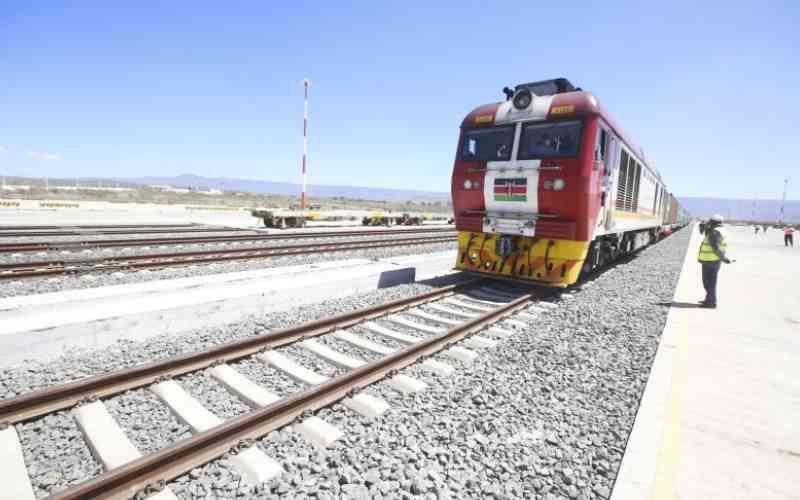×
The Standard e-Paper
Home To Bold Columnists

The government’s recent decision to scrap construction levies charged by the National Construction Authority (NCA) and National Environment Management Authority (Nema) was a prayer answered for many in the real estate sector.
During this year’s budget speech last month, Treasury Cabinet Secretary Henry Rotich said the government decided to remove the levies to reduce the cost of doing business. Developers have been paying the NCA 0.5 per cent of the total value of construction projects worth over Sh5 million.







